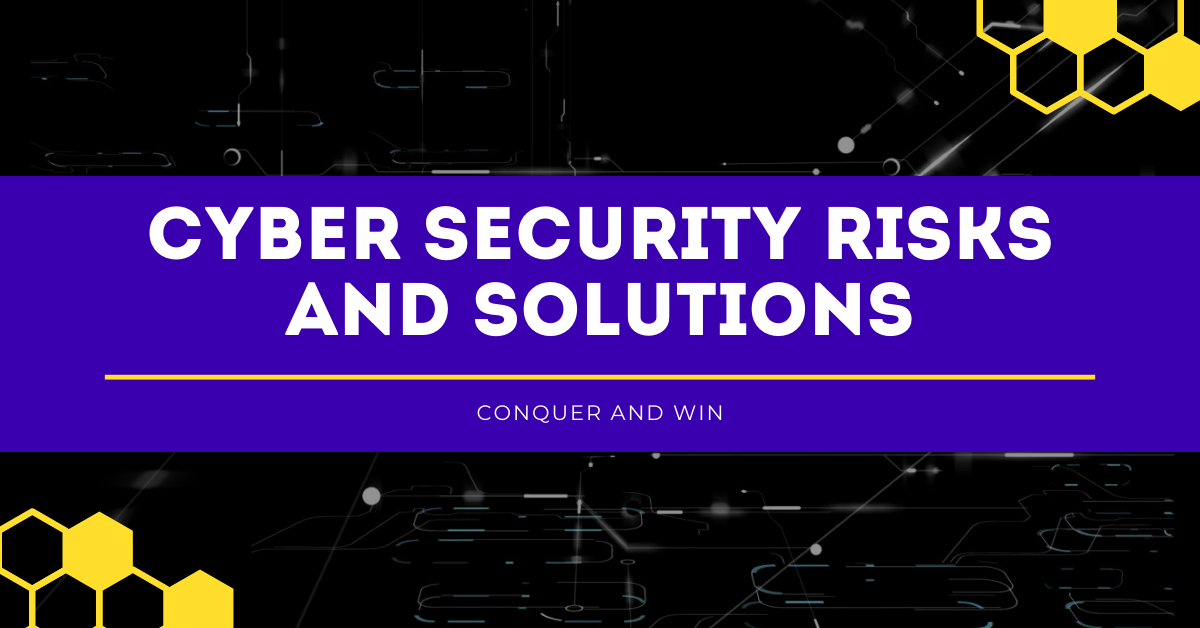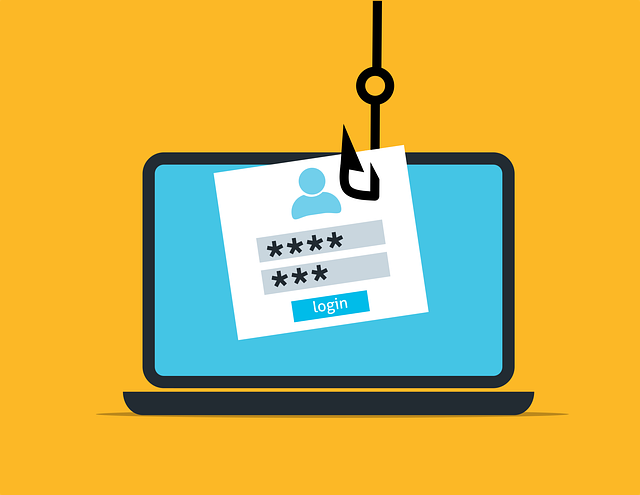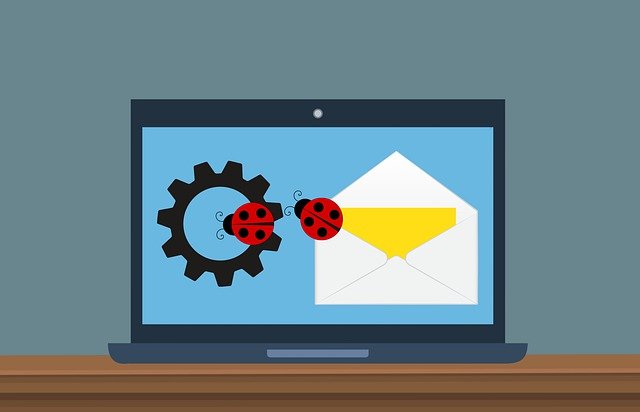This post reveals the cyber security risks and solutions.
Cyber security is essential for both business owners and individual users. For small companies, the average cost associated with a data breach is over $100,000. Larger businesses can afford to invest in solutions like identity and access management, but smaller companies don’t always understand the importance of online security.
Besides commercial losses and loss of customer confidence, non-compliance with legal requirements can result in thousands of dollars per month in fines and forfeiture of a commercial account.
Such expenses are enormous for a small online marketplace or a website with a list of casino games. Although they won’t make them spend the entire budget, they still may cause problems for their expansion.
Want to avoid any risks? Then follow these tips to protect your company and your security on the Internet.
READ ALSO: How To Secure Your Computer Against Cyber Threats Like 007
Table of Contents
The Dangers of Carelessness on the Internet
If a user’s data is in the public domain or falls into the hands of fraudsters, he risks losing money and property. With a scan and photo of the passport, a stranger can even sell a victim’s property or sign up on unreliable websites.
Set Strong Passwords
Among our list of cyber security risks is using a weak password. Of course, it sounds unoriginal, but it’s essential. NordPass experts found that 10% of users use the most prominent input combinations, such as “123456” or “password.”
The machine can figure them out in just a few seconds. So, we decided to remind you that passwords should be complex. Use an unusual combination of words and replace letters with numbers and symbols.
Set a New Password Regularly
When signing up for a new resource, create a new password. Using different combinations for signing in everywhere reduces the risk of simultaneously breaking into all social networks.
By the way, you don’t have to change it every six months after that. Microsoft eliminated the requirement to periodically change passwords for its employees in 2019, finding it ineffective.
According to the company’s logic, changing your password several times makes no sense while complying with all modern security rules. So you can follow the best ideas and stop torturing yourself with inventing a new login combination.
READ ALSO: Best Antivirus For 2022
Clean up Your Social Media Accounts Annually
Anything that gets on the Internet stays on the Internet forever. We all know this thesis is one of the cyber security risks. But much of our data often remains only because we don’t even try to delete it. As time passes, photos in the feed go down, and others replace dramatic posts.
Carve out a few evenings for yourself and flip through the feed. You won’t like much of what was posted a few years ago. Remove all the information noise on your page, clean up your photos, and edit your personal information.
Don’t Share Personal Information on Your Social Media Pages
I am speaking of personal information. Try to share a minimum of information related to your life. Phone numbers, residence or office addresses, and emails can pose a severe threat if they fall into the hands of fraudsters.
Those who like to travel should pay special attention to this point and share it on their page. If you boast with a picture of the boarding pass, through the information on it, the attackers can get access to a personal account on the airline’s website, where the passport data and email are saved.
Avoid Using Public Wi-Fi Networks
Another mention on our list of cyber security risks is using public Wi-Fi. When you connect to a public network, your device is very vulnerable. There’s an increased likelihood of hacking your inbox, social media, and phone.
Turn off this feature in your settings to avoid automatically connecting to public networks. Open Wi-Fi is reliable when it requires authorization through your phone number and SMS code. To access the Internet safely from your laptop, distribute the network from your smartphone if mobile traffic allows it.
When the Internet is urgently needed but can’t connect to a trusted source, follow a few rules when using an open network. Don’t use public Wi-Fi to access social media, mail, and other essential services that contain your personal information. Don’t make online purchases or enter passwords.
READ ALSO: What Are Phishing Scams And How You Can Avoid Them?
Distinguish Phishing Sites From Real Ones
Scammers often force users to give them all the information they need so that they can withdraw money from their accounts. One such method is phishing. The user ends up on a phishing site by following a link from an advertisement, text message, messenger, social network, or email.
Such a site looks exactly like the bank’s official website. It contains a form for entering bank details to log into the online bank or the usual payment form, where the user must enter details for the transaction: card number, expiration date, and verification code.
When the user does this, the money from his account goes to fraudsters. It’s hazardous to enter such a website from your office computer because it can negatively affect you and your company.
READ ALSO: Best VPN For 2022
Read the Customer Agreement
Understand what you agree to before you hit that coveted “I Agree” button. You may inadvertently allow your data to be shared with the client base.
By buying such databases, companies get access to phone numbers of potent target audience representatives. At best, you’ll start getting frequent calls with annoying ads.
Don’t Give Remote Access
A fraudulent scheme is when attackers ask a bank customer to install a remote access application to check the security settings in the bank’s mobile app. The person installs an app that looks like a bank app, logs into their account, and leaves their smartphone unlocked for 15 minutes.
During this time, fictitious bank security officers promise to cancel the unauthorized transfer and return the money to the account. They gain remote access to the mobile bank and withdraw money from the account.
Trust Https
Don’t trust sites that use the HTTP protocol and enter card details on them. Many companies, developers of Internet services and browsers, have long been promoting the widespread use of https and the rejection of HTTP.
The https protocol encrypts the connection between the client’s browser and the bank, meaning the provider cannot get the user’s data.
READ ALSO: Student Cybersecurity: 5 Simple Tips for Safety
Cyber Security Risks And Solutions In 2024: FAQs
What are the top cyber security threats in 2024?
Several critical threats are expected to dominate the cyber security landscape in 2024:
- AI-powered attacks: Cybercriminals increasingly leverage artificial intelligence (AI) to automate attacks, making them more sophisticated and challenging to detect. This includes using AI to create personalized phishing scams, automate vulnerability scanning, and launch more targeted ransomware attacks.
- Ransomware evolution: Ransomware remains a significant threat, with attackers constantly evolving tactics. We can expect to see “double extortion” attacks become more common, where attackers encrypt data and steal it before encryption, giving them additional leverage for ransom demands.
- Supply chain attacks target third-party vendors and partners within a supply chain to gain access to an organization’s network. Securing the entire supply chain becomes crucial as businesses increasingly rely on interconnected systems.
- Cloud misconfiguration: Businesses migrating to the cloud face risks due to misconfigured cloud services. Accidental exposure of sensitive data or inadequate access controls can leave them vulnerable to cyberattacks.
- Phishing attacks: Despite ongoing efforts, phishing remains a persistent threat. As attackers refine their techniques to bypass traditional security measures, robust authentication systems and user education are crucial to combat these attempts.
What solutions can help mitigate these cyber security risks?
Several critical solutions can help organizations address these growing threats:
- Embrace the power of AI: While AI poses threats, it can also be a powerful tool for defense. AI-powered solutions for threat detection, intelligence, and automated incident response can significantly improve security posture.
- Implement multi-factor authentication (MFA): Adding an extra layer of security beyond passwords, such as fingerprints or one-time codes, significantly reduces the risk of unauthorized access, even if passwords are compromised.
- Prioritize supply chain security: Organizations must work closely with vendors and partners to assess their security practices and ensure they have robust security measures.
- Secure your cloud environment: Implementing best practices for cloud security, such as proper configuration management, access controls, and data encryption, is essential to protect sensitive data stored in the cloud.
- Invest in user education and awareness: Regular training programs that educate employees about cyber threats, phishing scams, and best practices for safe online behavior remain critical in the fight against cybercrime.
READ ALSO: The Ultimate Social Media Security Guide for Individuals and Businesses
Conclusion
By understanding the evolving cyber security threats and implementing suitable solutions, organizations can proactively defend themselves and minimize the risk of falling victim to cyberattacks in 2024 and beyond.
INTERESTING POSTS
- Surefire Tips – How To Protect Your Data From Cyber Attacks
- 8 Best Cybersecurity Practices for Website Owners
- Why Is Cybersecurity In Financial Services Important?
- How to Set Up a New Computer
- 15 SUREFIRE Tips To Protect Your Privacy Online
- What Is Zero Day Exploit? Risks And Why Is It Called Zero Day?
- Benefits Of Core Banking Solutions
About the Author:
John Raymond is a cybersecurity content writer, with over 5 years of experience in the technology industry. He is passionate about staying up-to-date with the latest trends and developments in the field of cybersecurity, and is an avid researcher and writer. He has written numerous articles on topics of cybersecurity, privacy, and digital security, and is committed to providing valuable and helpful information to the public.









